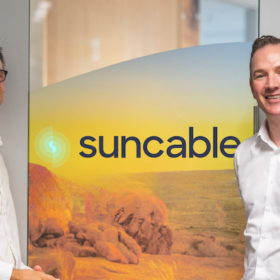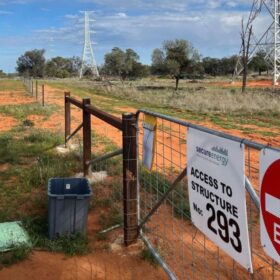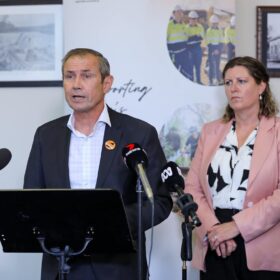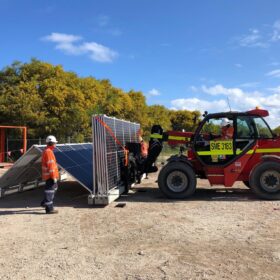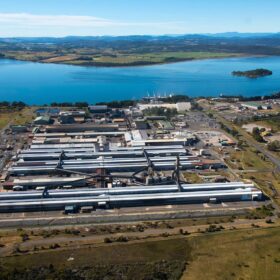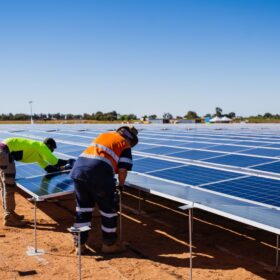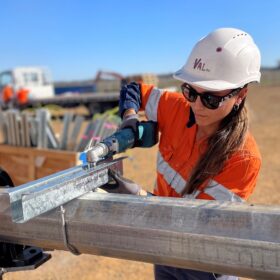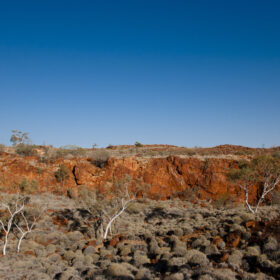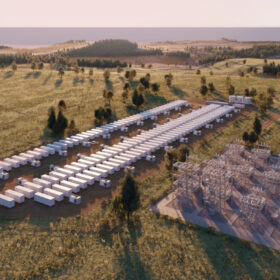The path beyond 5 TW
With the COP28 climate summit in Dubai resulting in a pledge of at least 11 TW of renewables generation capacity by 2030, Bruce Douglas, chief executive officer (CEO) of the Global Renewables Alliance (GRA), examines the outcomes of the conference and their likely impact on the solar industry.
SunCable sharpens focus on domestic element of project
The company planning to build what would be the world’s biggest intercontinental solar generation and energy storage project in the Northern Territory has appointed new leadership to help lead the project’s domestic component.
Union alleges EnergyConnect workers face unsafe conditions
Australia’s largest electricity transmission project has hit a snag with a major union alleging transmission line workers delivering the New South Wales stretch of the $2 billion-plus (USD 1.32 billion) Project EnergyConnect electricity interconnector have been working in unsafe and non-compliant conditions.
$220 million bailout so WA coal mine can continue to mid-2026
The Western Australian government has just allocated $220 million to support Griffin coal mine, so operations may continue until June 2026. The funding was announced by Premier Roger Cook and the Minister for Energy, Mines and Petroleum Bill Johnston, who earlier announced he is stepping down from cabinet last week.
Former Sun Cable chief to lead Australia’s 5B
Former Sun Cable chief executive David Griffin has been appointed to the top job at Australian modular PV array manufacturer 5B where he will oversee the continued rollout of its solar energy solution.
Sun Cable targets Tasmania for cable manufacturing plant
Sun Cable, which plans to build a 20 GW solar farm in the Northern Territory and export solar-generated electricity to Singapore via a 4,300-kilometre high-voltage undersea cable system, has announced plans to manufacture the power cables itself at a “multi-billion facility” in Tasmania.
Climate jobs campaign warns skills shortage threatens energy transition
Australia needs 200,000 more people in clean economy jobs by 2030, or risks missing its renewable energy targets according to a new campaign backed by Australian tech billionaire Mike Cannon-Brookes.
Queensland to legislate public ownership of energy assets, renewables targets
Queensland’s transition from a reliance on coal-fired power to renewables has taken a step forward with the state government tabling a new bill in parliament that locks in its commitments to public ownership in the energy system and renewable energy targets.
Australian EPC calls for female workforce boost to address skills shortage
As the nation looks to foster the perfect conditions for a successful renewable transition, overwhelming attention is being paid to the number of new energy developments and the viability of transmission infrastructure to deliver it to Australian homes. Far less publicised are the practicalities of how the infrastructure will be developed and by whom.
Traditional owners team with ACEN to target 3 GW of renewables
The traditional owners of Yindjibarndi lands in Western Australia have struck a deal with Philippines-based energy giant ACEN Corporation to develop more than 3 GW of wind, solar and battery storage in the state’s Pilbara region.

